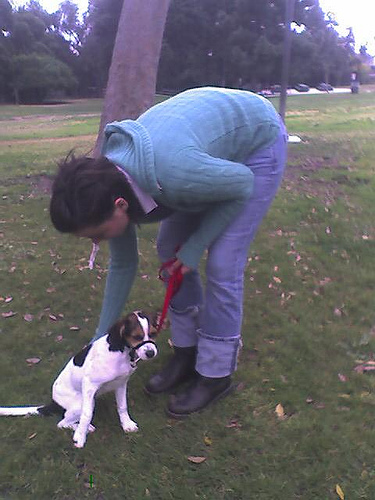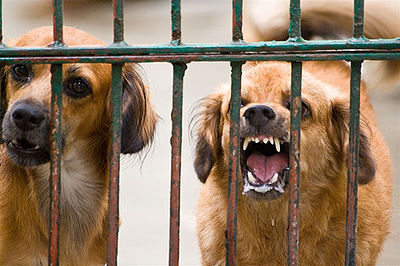As our dogs age, we notice physical changes. They may not see or hear as well and have joint problems. But their behavior may also be affected. Here are some signs to be aware of.
Behaviors that are repeated over and over could be a sign of obsessive, compulsive disorder or a symptom of anxiety.
Vocalizing excessively can mean your senior is disoriented, has lost hearing, is in pain.
Restless pacing and vocalizing, especially at night, more frequent urination, can be signs of hearing or sight loss and dementia.
Your dog loses bladder or bowel control.
Destroying or eating inappropriate objects, digging, licking or chewing parts of their bodies
Fear/anxiety due to vision and hearing loss. Keep things in familiar places – food and water bowls, crate, bed, toys, furniture. Be consistent with feeding times and walks.
Aggression can e due to vision and hearing loss. A sudden action can cause some dogs to lash out.
Separation anxiety, disorientation, sensitivity to touch, increased need for attention, needing to be close to you at all times
Before attributing these signs to age, be sure to have the vet check your dog to be sure these behaviors are not due to a medical condition.



